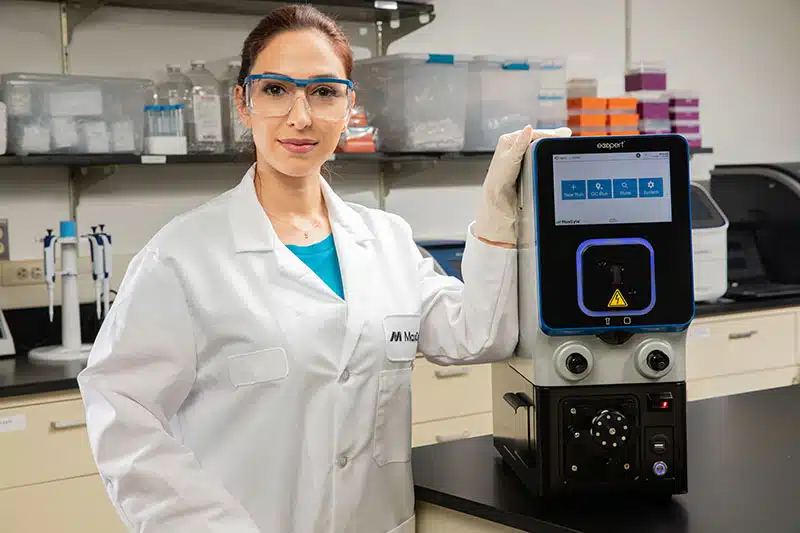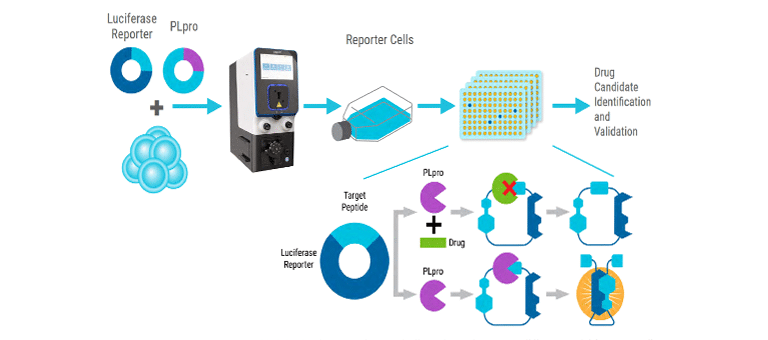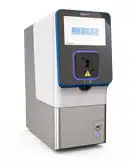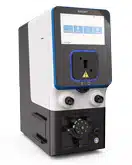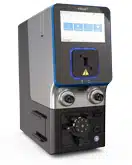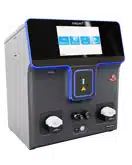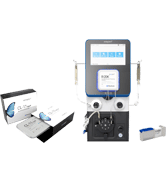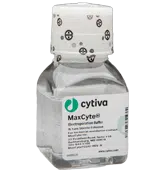Cell-Based Assays
Developing novel cell-based assays for research or high-throughput screening typically requires cell lines that stably express assay components, including protein subunits and functional enzymes, or purchasing commercially available stable cell lines or Assay Ready Cells.
Accelerate and de-risk small molecule discovery
Using physiologically relevant cells for assay development delivers the best results, but those cells are not always simple to engineer. MaxCyte's versatile electroporation technology enables you to transfect virtually any cell type rapidly and efficiently so you don’t have to choose between the best cell and the easiest cell.
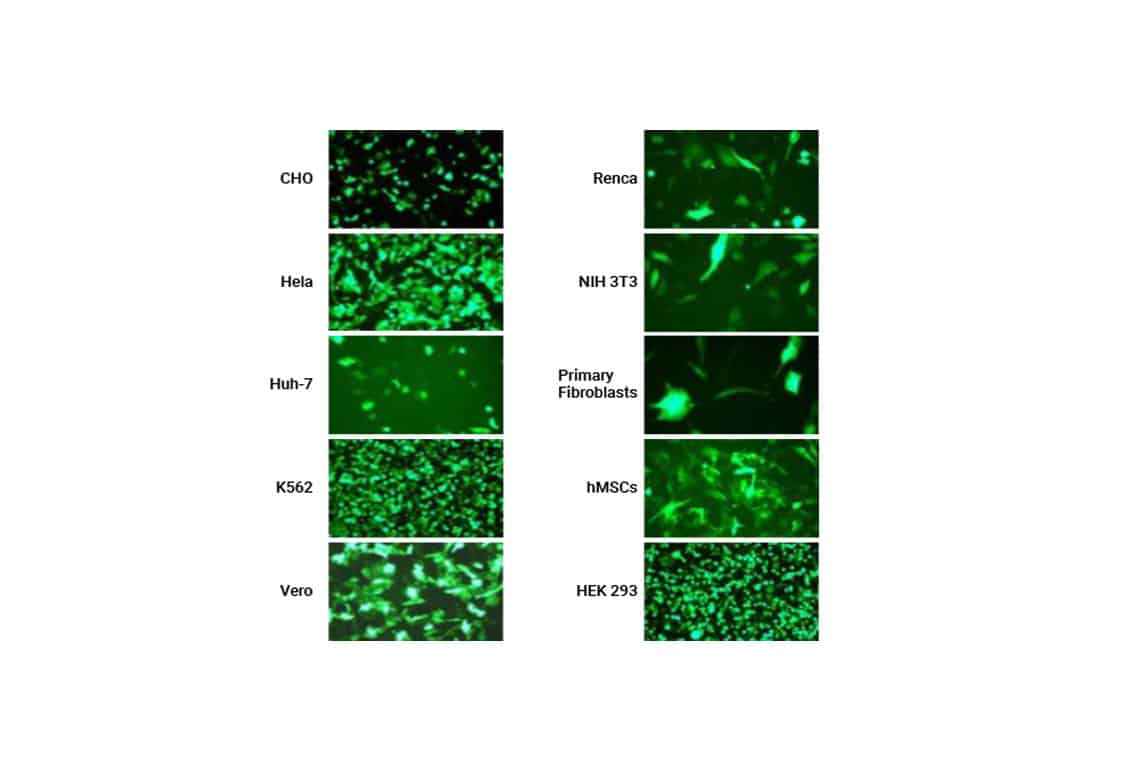
Transfect physiologically relevant cell types with high efficiency and cell viability.
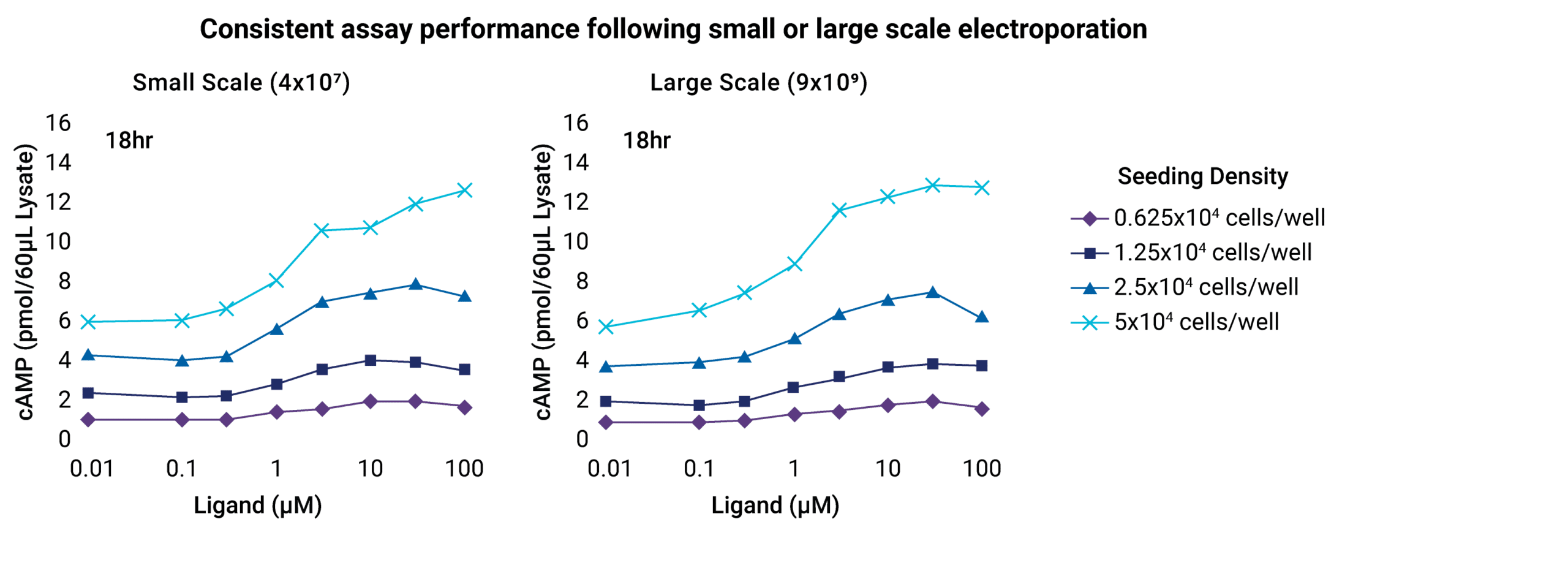
Consistent assay performance following small or large scale electroporation.
Transition seamlessly from assay development to high-throughput screening
Because you only want to optimize assay conditions once, MaxCyteⓇ electroporation delivers the same high-efficiency transfection in 75,000 cells or 2 billion cells - and everything in between - without reoptimization. Transiently transfected cells can be used immediately in cell-based assays or cryopreserved for future high-throughput screening.
Together we can make your assay simple
With defined protocols and expert support, MaxCyte takes the guesswork out of cell-based assay development. Simply test different plasmid concentrations to control target protein expression levels and fine tune assay sensitivity. Transiently transfected cells can express complex, multi-subunit and even toxic proteins while maintaining cell health and membrane integrity.
Applications Include:
- Reporter Assays
- High Content Screening
- Molecular Translocation
- GPCR Assays
- Ion Channel Assays
- CRISPR Screening
- siRNA Screening
- Nuclear Receptor Assays
- Kinase Assays
- Mammalian Display
Resources
Electroporation Systems
The MaxCyte ExPERT STx® is the next generation of the industry’s leading electroporation technology for seamless transition from R&D to manufacturing scale. The STx enables large-scale transfection of virtually any cell type for the rapid development of cell-based assays without the need for stable cell lines.
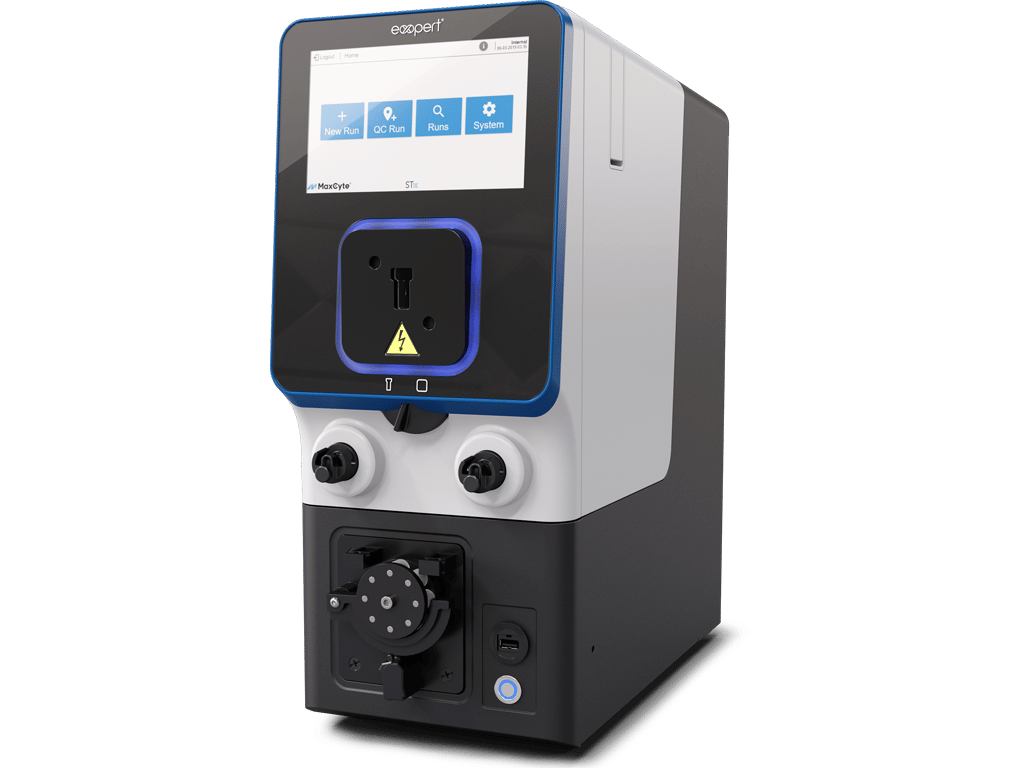
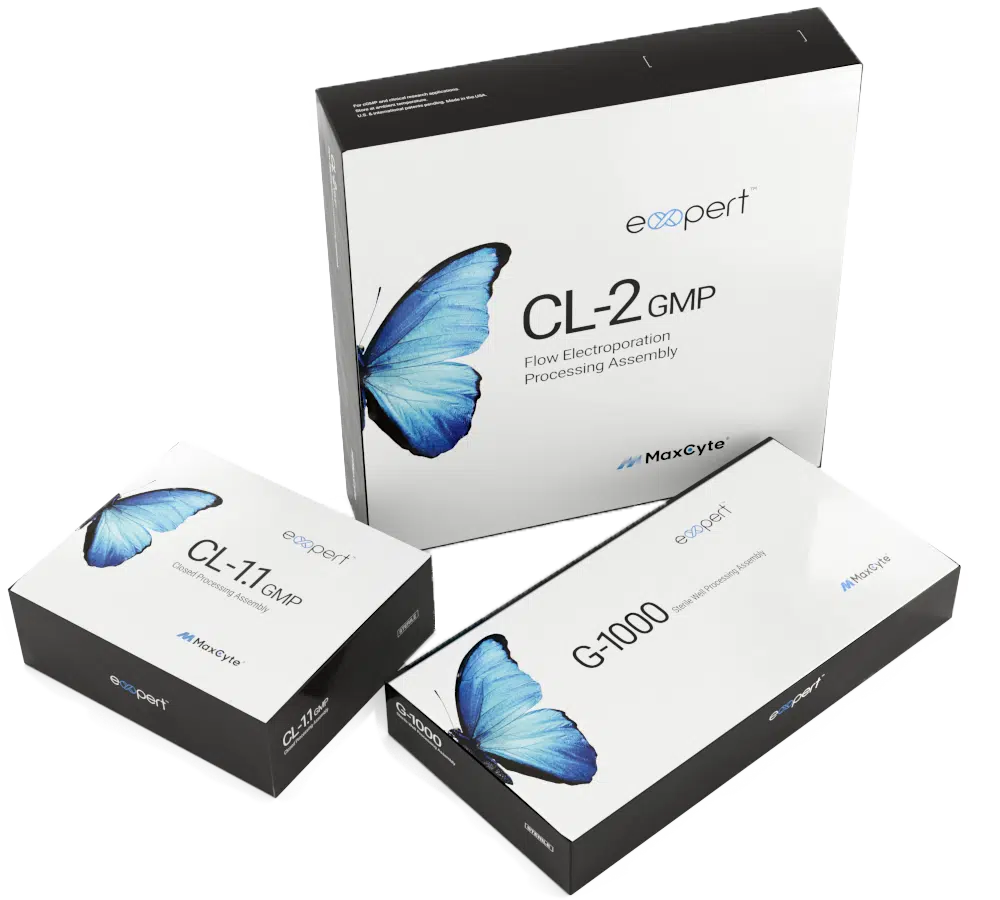
Reagents and Processing Assemblies
MaxCyte’s consumable products provide a variety of options for project scale and throughput from discovery through manufacturing using a single platform. Our range of Processing Assemblies allows users to transfect a variety of sample volumes to meet specific application needs. MaxCyte’s universal electroporation buffer is animal-derived component free and safe for all cell types ensuring consistent, high-performance transfection.
Ready to learn more about our technology?
Ask us how electroporation can streamline development of cell-based assays
